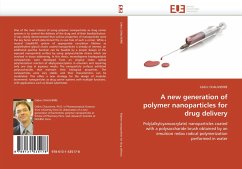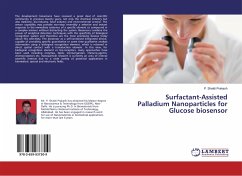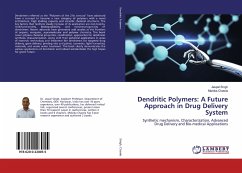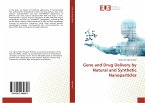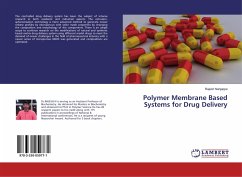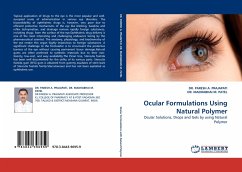One of the main interest of using polymer nanoparticles as drug carrier systems is to control the delivery of the drug and of their biodistribution. It was clearly demonstrated that surface properties of nanoparticles were the key factor which determined the in vivo fate of such a cerrier. While a neutral (stealth®) system of appropriate circulation lifetime as poly(ethylene glycol) chains coated nanoparticles is already of interest, an additional positive function can be feasible by a proper design of the exposed nanoparticle surface by using polysaccharide chains which are involved in tissue addressing. In this thesis, monodisperse biodegradable nanoparticles were developed from an original redox radical polymerization reaction of alkylcyanoacrylates in emulsion and requiring only one step in aqueous media. The nanoparticle surfaces exhibited polysaccharides that maintain their biological properties. The nanoparticles were very stable, and their characteristics can be modulated. This offers a new strategy for the design of modular biomimetic nanoparticles as drug carrier systems with multiple functions, with applications such as blood substitutes.

